Air Conditioning Refrigerant Toxicity
In HVAC we learn early on that most refrigerants are also heavier than air. It may happen in a single incident and is often at a high concentration.

Infographic Refrigeration History Ul
Most refrigerants under serious consideration for use in automobiles are either rated A1 for low-flammability or A2 for moderate flammability.

Air conditioning refrigerant toxicity. Dont Underestimate Regular Maintenance Of Air Con Systems Though some items on this list may sound dramatic thankfully theres an easy way to avoid them all it takes is regular service and maintenance of air conditioning systems by an Askews engineer. Air is the same way in the sense that when a denser gas is introduced it sits on the bottom half of the room while the air including the oxygen we breathe floats on top. Refrigerant can be poisonous if youre exposed to it for too long.
The danger is that even when there is a leak from a refrigerator or an air conditioner a person will not notice this because of the physical properties of these substances. Reference 5 Freon and other refrigerants are toxic and can cause poisoning and even death. A potential hazard when servicing air conditioners is the mishandling of refrigerant gases which could cause severe irritation and frostbite if it comes in contact with your skin and eyes.
However if you live in a ventilated room poisoning due to Freon is less of a risk. Freon contains chlorofluorocarbons CFCs which are known to deplete the ozone. A refrigerant is a working fluid used in the refrigeration cycle of air conditioning systems and heat pumps where in most cases they undergo a repeated phase transition from a liquid to a gas and back again.
Carbon dioxide is one of many gases that are heavier than air. After all its easy to overlook the type of fluid pumping through your AC when compared to factors like energy efficiency that have a clear price attached. Nonetheless it can impact your health and it has been shown to.
It can also be harmful in its liquid form as it can cause frostbite. Refrigerants are heavily regulated due to their toxicity flammability and the contribution of CFC and HCFC refrigerants to ozone depletion and that of HFC refrigerants to climate change. Freon leaking from an air conditioner is dangerous to health if inhaled in high quantities.
The chemical term for these coolants is fluorinated hydrocarbon or Freon. Inhalation dangers also occur when oxygen levels in the air are reduced to 12-14 by displacement causing symptoms of asphyxiation loss of coordination increased pulse rate and deeper respiration. Inhaling freon is highly poisonous and could result in death.
In such a case it can lead to nausea vomiting shortness of breath and other problems. Freon is the trade name for a class of chemicals called chlorofluorocarbons or CFCs used primarily in refrigeration and air conditioning. Freon poisoning is extremely rare and can occur only by accident.
Refrigerant Poisoning which commonly is known as Freon Poisoning is the term used when an individual inhales chemical that is used in cooling appliances like refrigerator air conditioner or freezers. Refrigerants give your air conditioner the power to cool your home but many homeowners treat them as an afterthought when shopping for a new AC unit. Both of these safety groups are considered non-toxic meaning no toxic exposures will.
Refrigeration service workers are at risk due to occupational exposure but exposure most often occurs during intentionally sniffing the gas according to the. It is an extremely dangerous chemical which does not have any taste or smell. The chemicals used to cool appliances like air conditioners are known as refrigerant.
Freon is certainly a health hazard. Deaths from refrigerant poisoning are not unknown which makes it all the more important for you to take quick decisive action. When you suffer from acute poisoning this means your refrigerant exposure is short-term.
In summary air conditioner coolant is only toxic when you have a Freon leak and are exposed to the gas for a long period of time. Freon is a lethal toxic substance and for this reason freon leaks should be handled by an expert air conditioning repair technician. Freon is a stable nonflammable moderately toxic gas that is tasteless and mostly odorless.
The American Society of Heating Refrigerating and Air-Conditioning Engineers ASHRAE currently rates refrigerants for their toxicity and flammability IIR 2011. The refrigerants of group A and B of the two classes have a bad effect on the ozone layer thinning it. Most air conditioners use a chemical called Freon as a refrigerant.
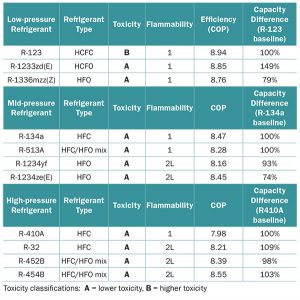
Insights On Refrigerant Flammability And Safety Hpac Magazine

Introduction To The Safety Classification Of Refrigerants Darment

Is Ac Refrigerant Toxic A Fl Tech Answers Climate Design

Toshiba Rolls Out Flammable Refrigerants Training For Air Conditioning Installers Toshiba Air Conditioning Uk

Understanding Refrigerant Safety Classification S Bacharach Inc
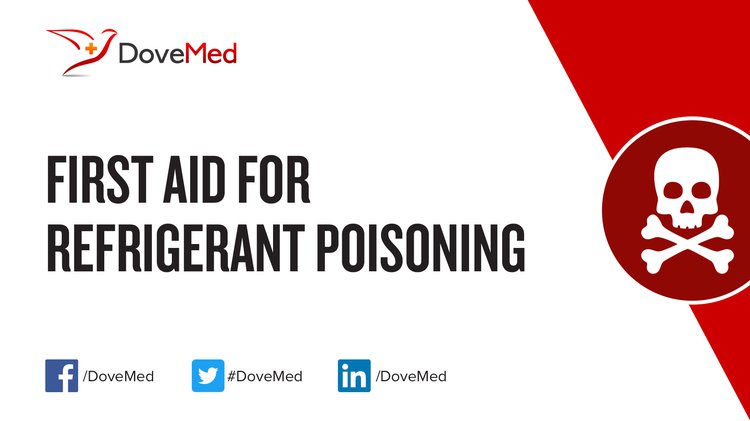
First Aid For Refrigerant Poisoning
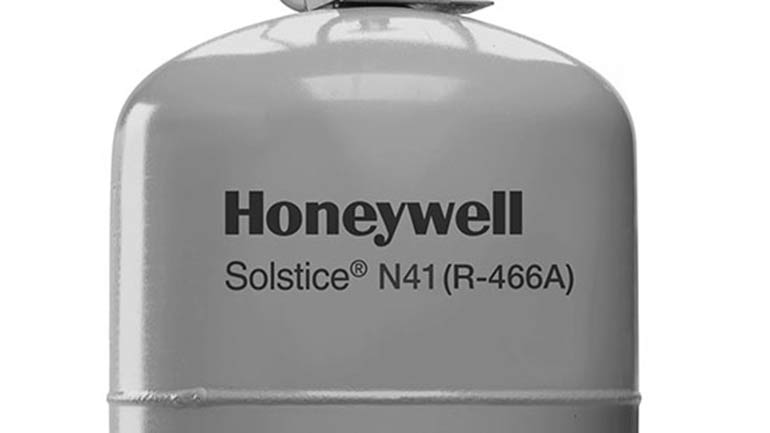
Ashrae Confirms R466a As Non Flammable A1 Refrigerant Cooling Post
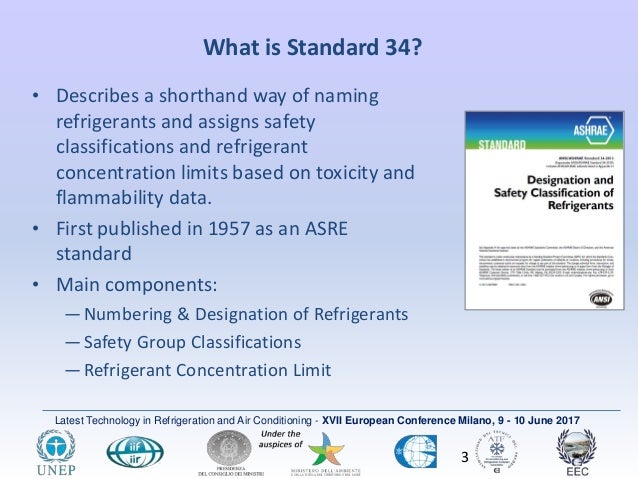
Xvii Convegno Europeo W Chakroun The Use Of Flammable Refrigerants

Air Conditioning Faces Flammable Future Cooling Post
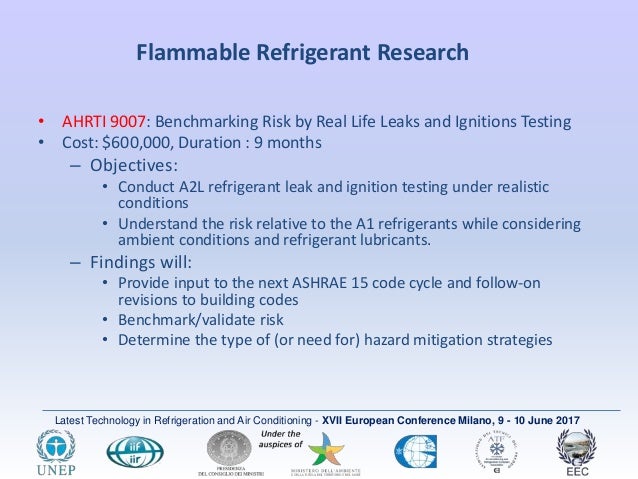
Xvii Convegno Europeo W Chakroun The Use Of Flammable Refrigerants
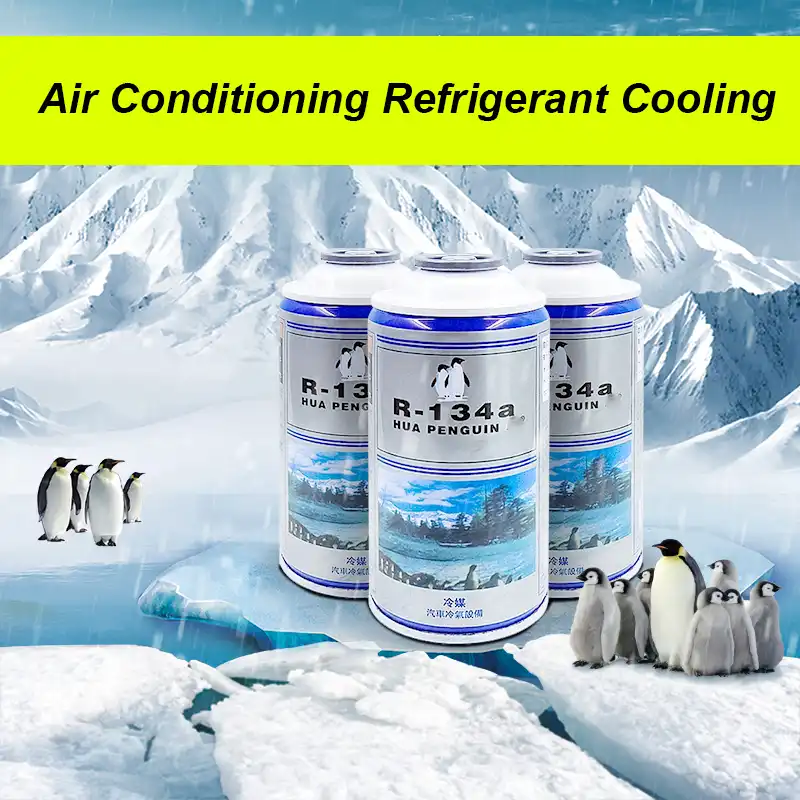
High Purity R134a Automotive Air Conditioning Refrigerant Cooling Agent Non Toxic R134a Refrigerant Air Conditioning Refrigerant Car Air Conditioning Aliexpress
Flammable Refrigerants Plumbing Hvac

Classifications Of Refrigerants Flammability And Toxicity Download Scientific Diagram

Refrigerants Flammable Toxic Hvac School

Update On Air Conditioning Safety Standards For Hvac R Equipment Ul
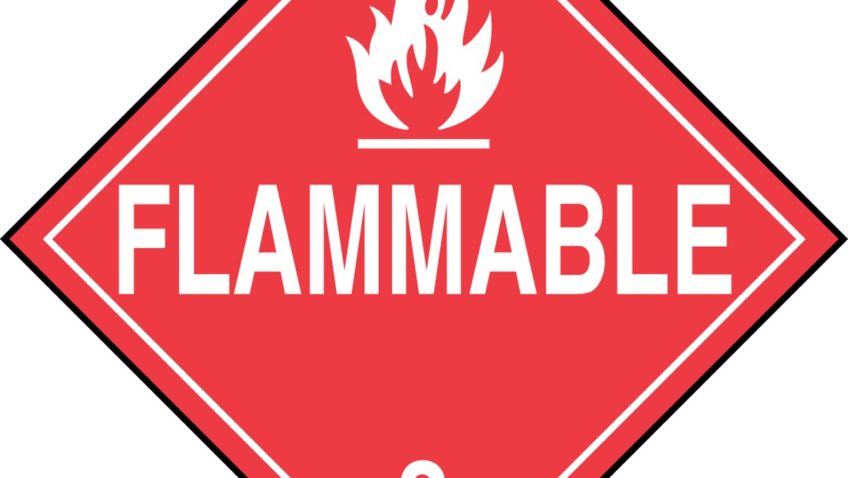
Understanding Refrigerant Toxicity Flammability Refrigerant Hq
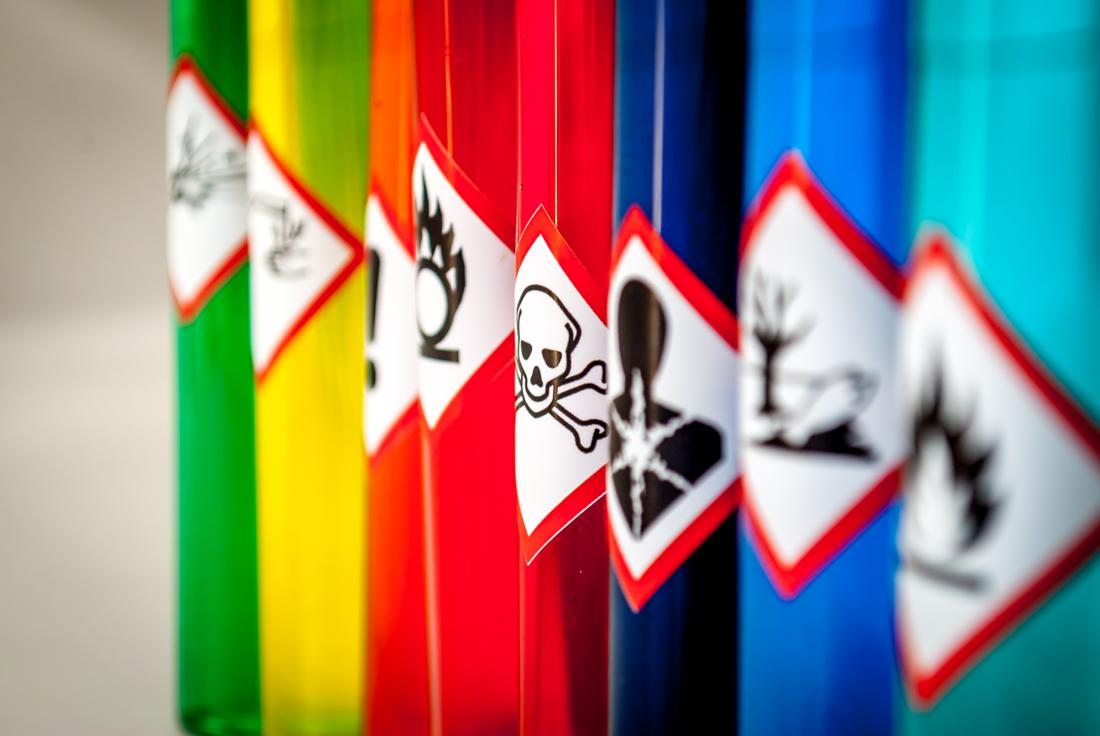
Refrigerant Poisoning Causes Symptoms And Treatment

Are Freon Leaks In Your Home Dangerous

Hvac R Industry Gets Friendly With Flammable Refrigerants Ul
Posting Komentar untuk "Air Conditioning Refrigerant Toxicity"